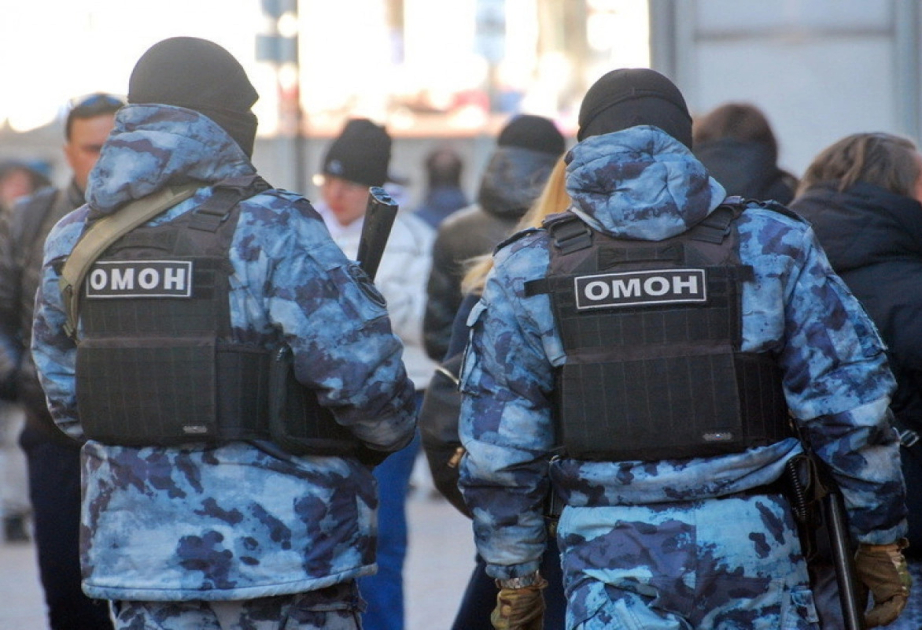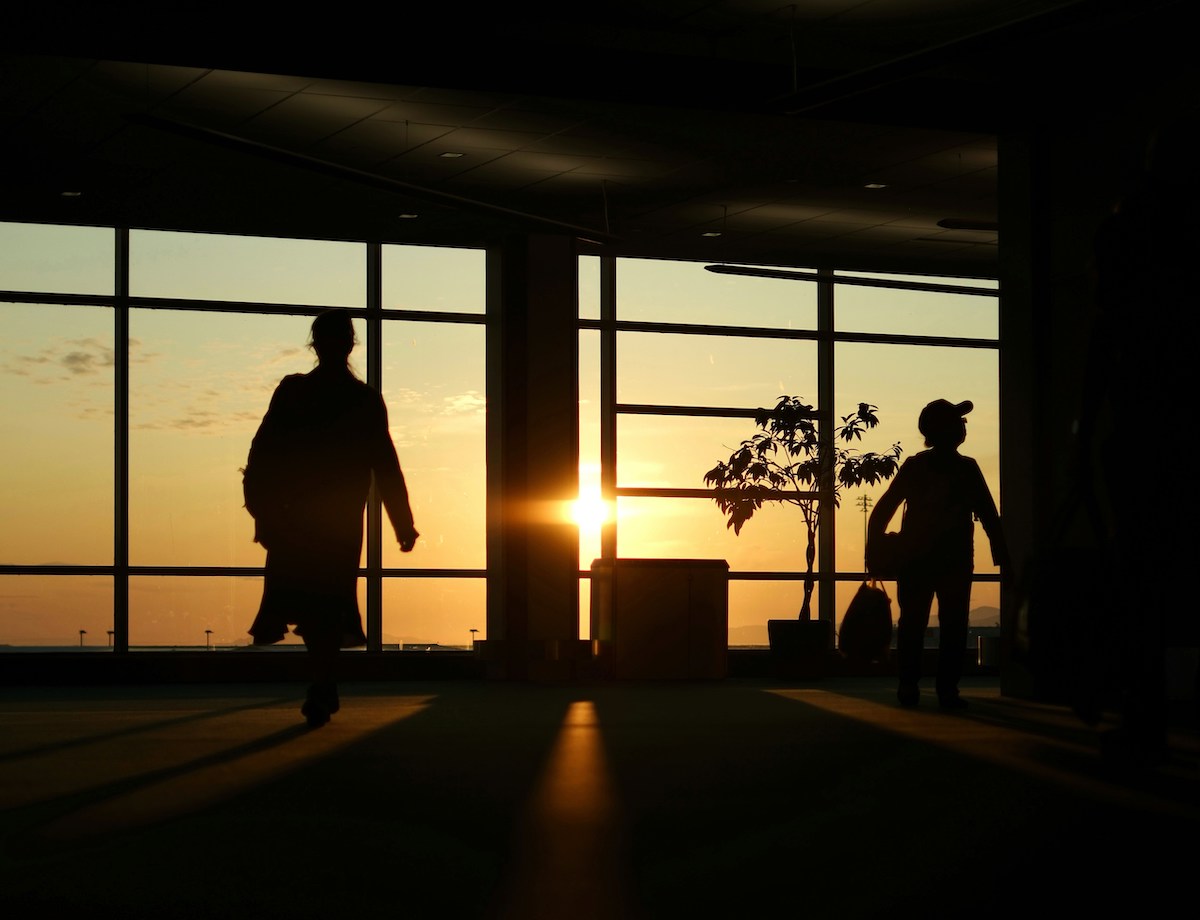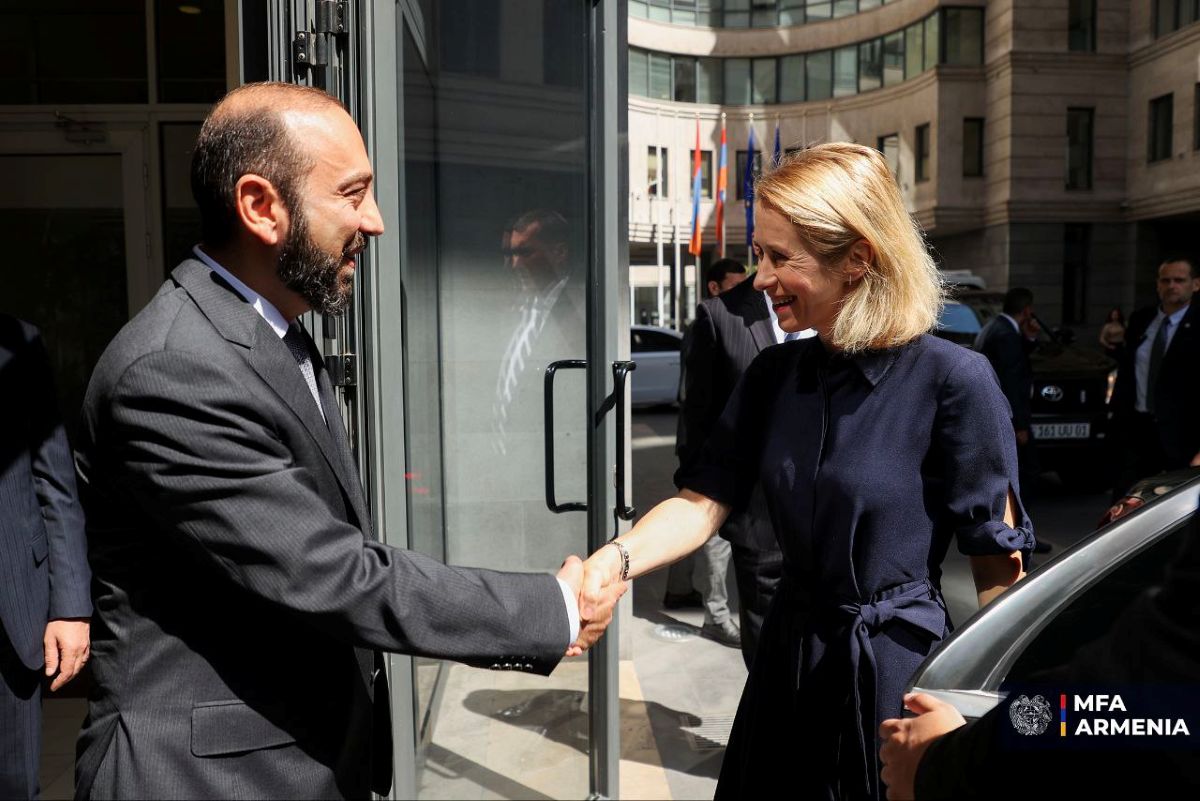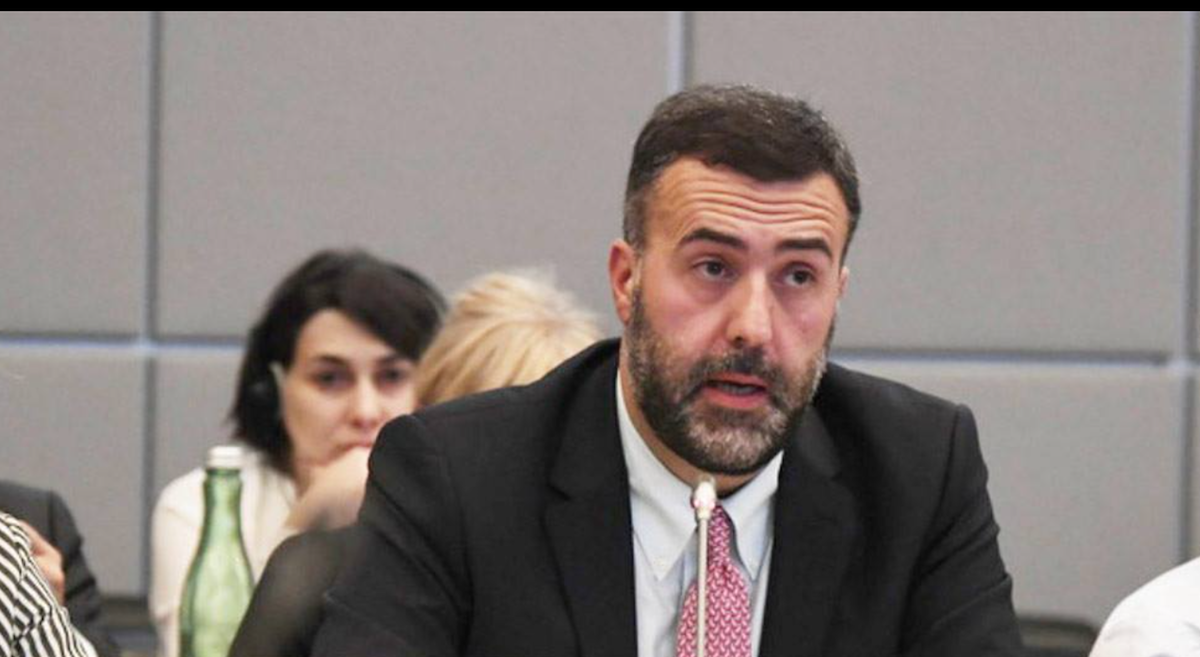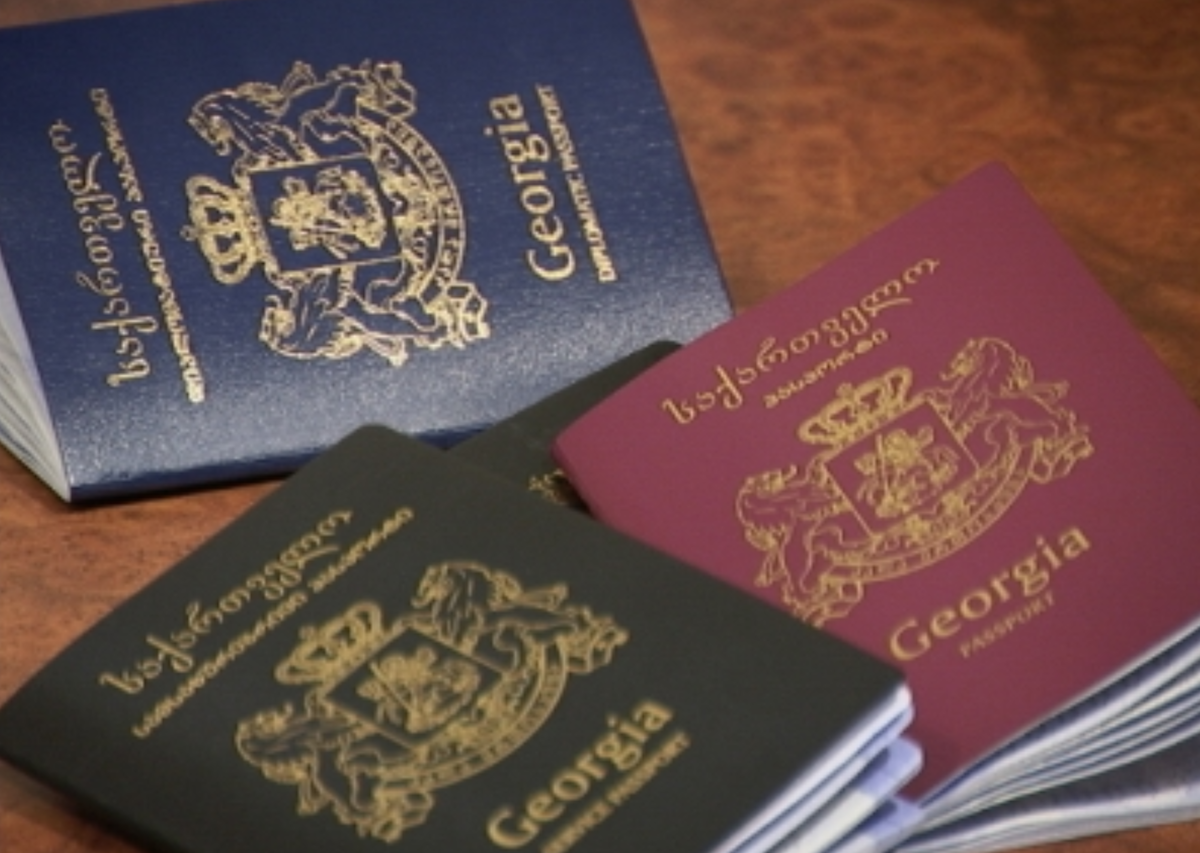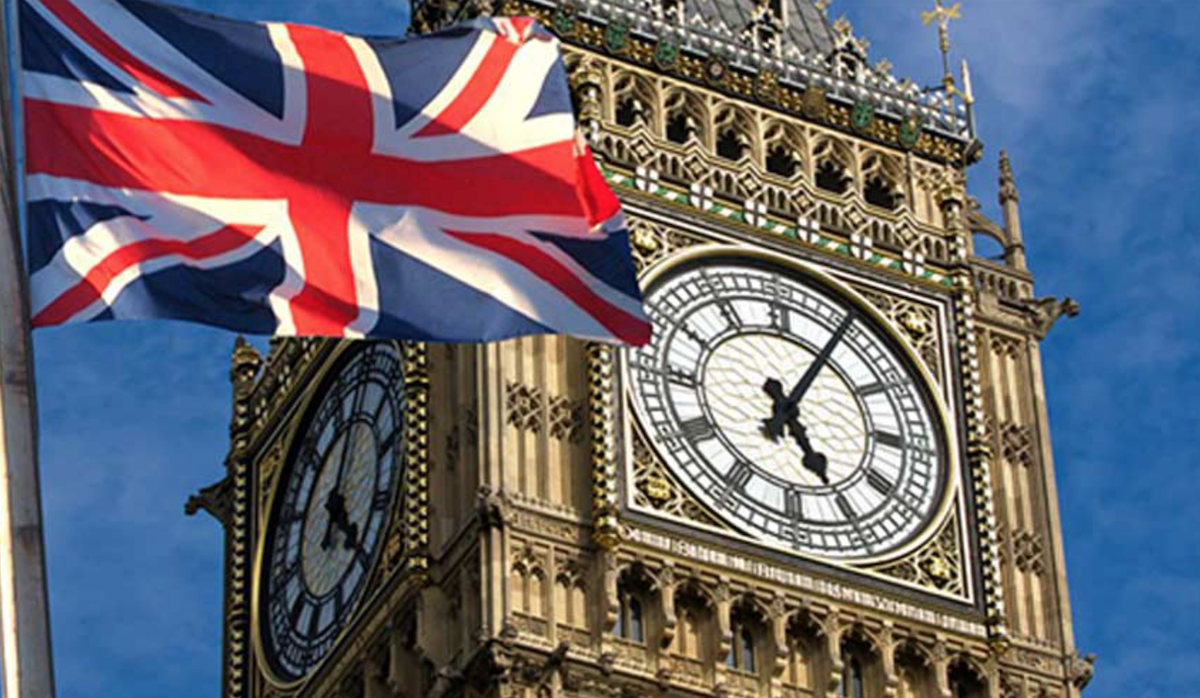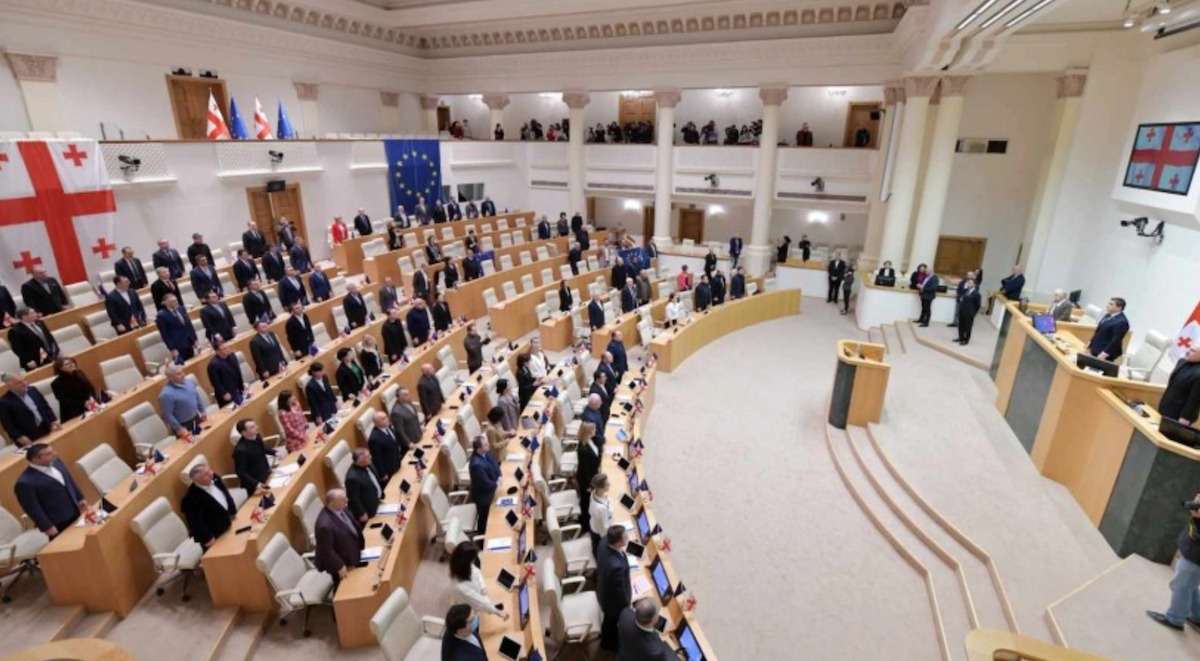Most read
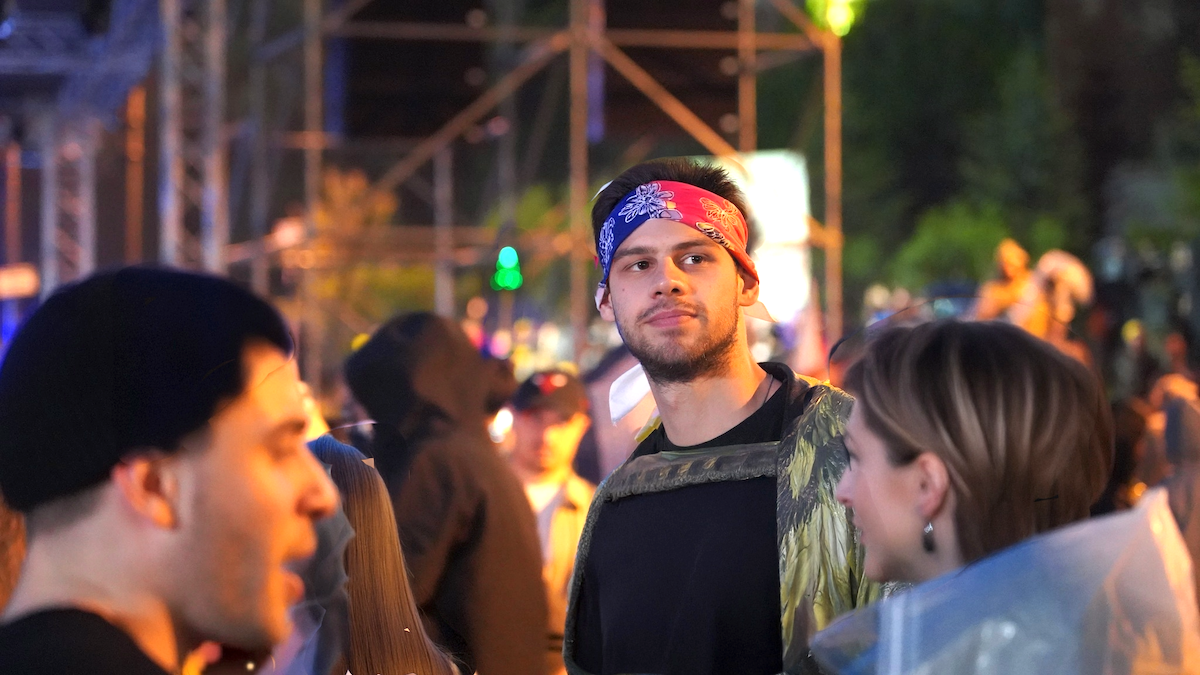
Top stories in Azerbaijan, Armenia, and Georgia from 23-27 June, 2025
'Russian trace' suspected in Armenian clergy: Another priest faces criminal charges
Armenian security services say attempted coup foiled, release evidence
UK warns: businesses in Georgia and Armenia aiding Russia’s sanctions evasion will be sanctioned
Armenia’s foreign ministry hits back at resolutions from Organisation of Islamic Cooperation
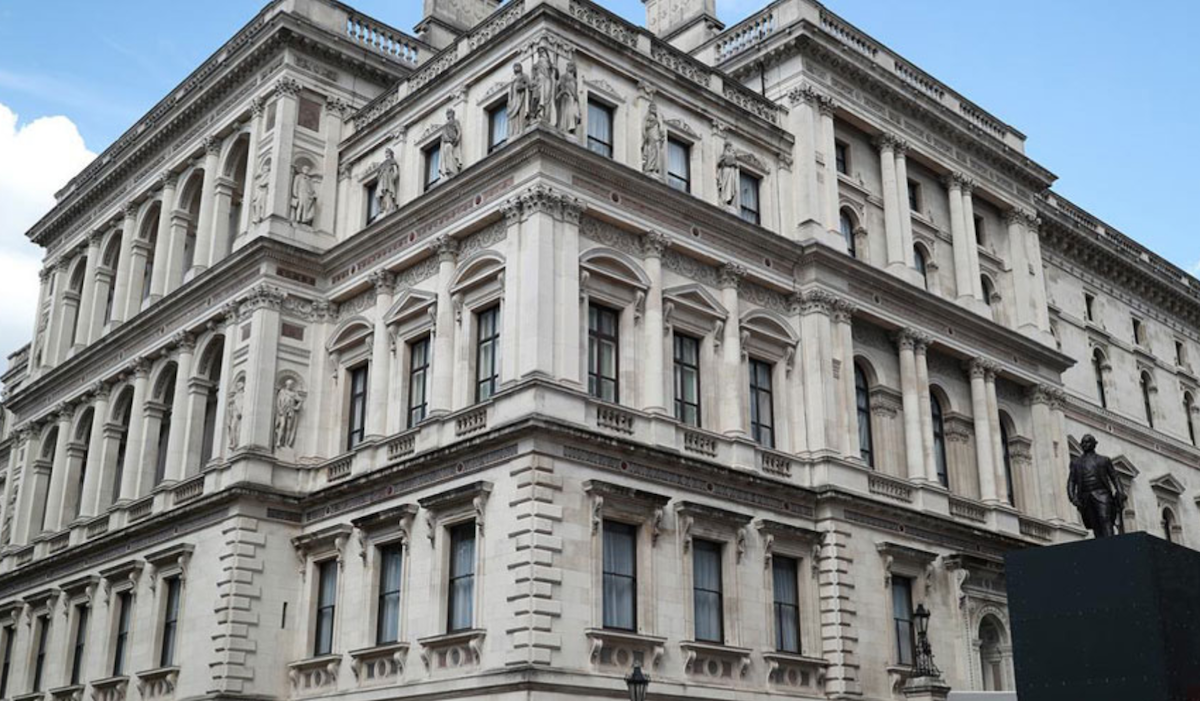
UK condemns crackdown on dissent in Georgia, warns authorities of consequences
Abkhazia to start buying electricity from Russia in August to prepare for winter shortages
Latest news in Georgia, Armenia, Azerbaijan, summary. Live
"EU to support Armenia in this critical moment": Kaja Kallas visits Yerevan
Opinion: "Reorganization at Georgia’s Foreign Ministry led to firing of pro-European supporters"
